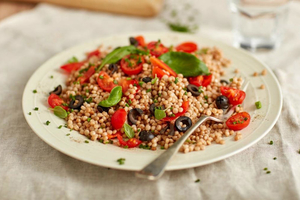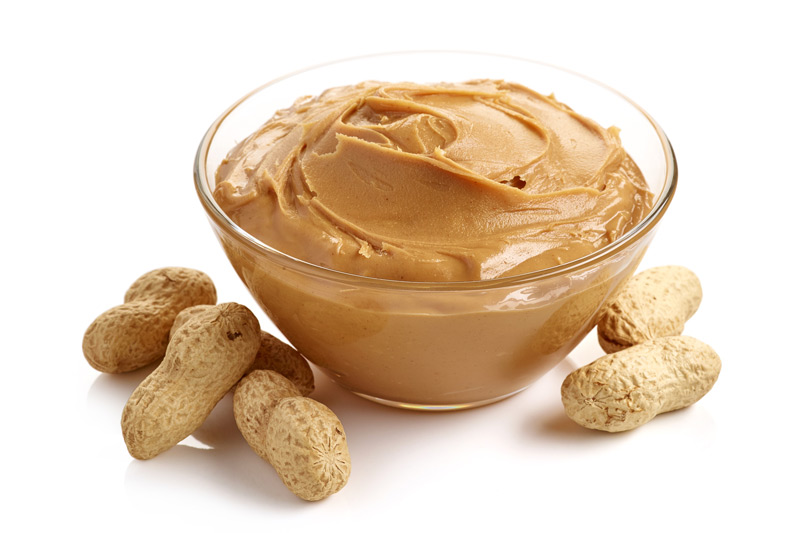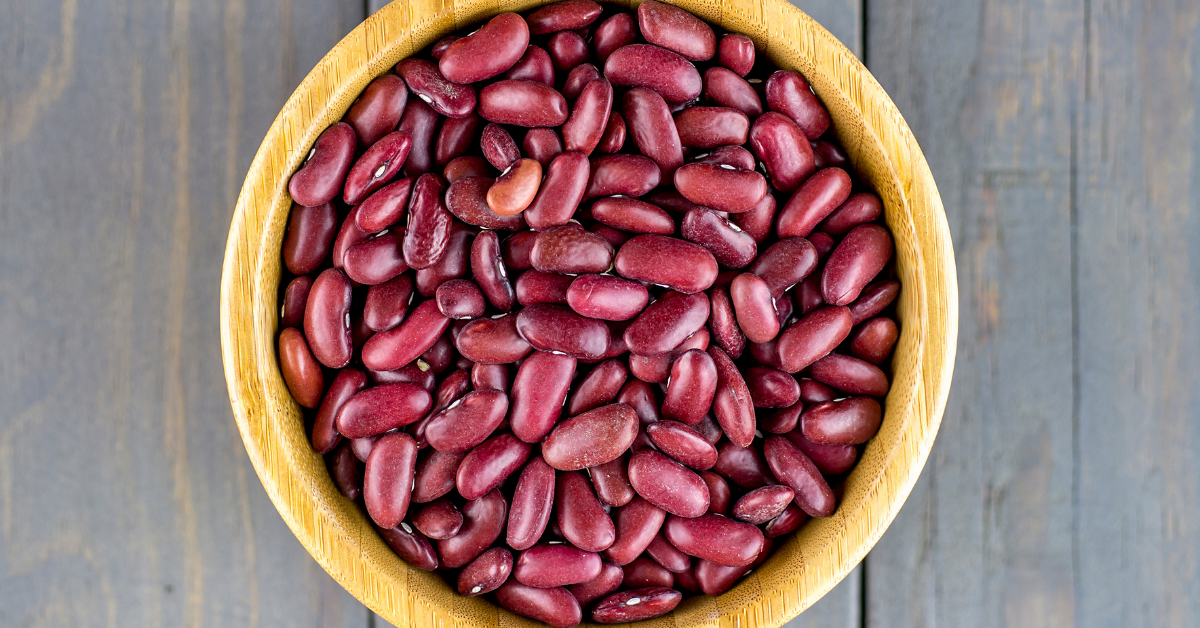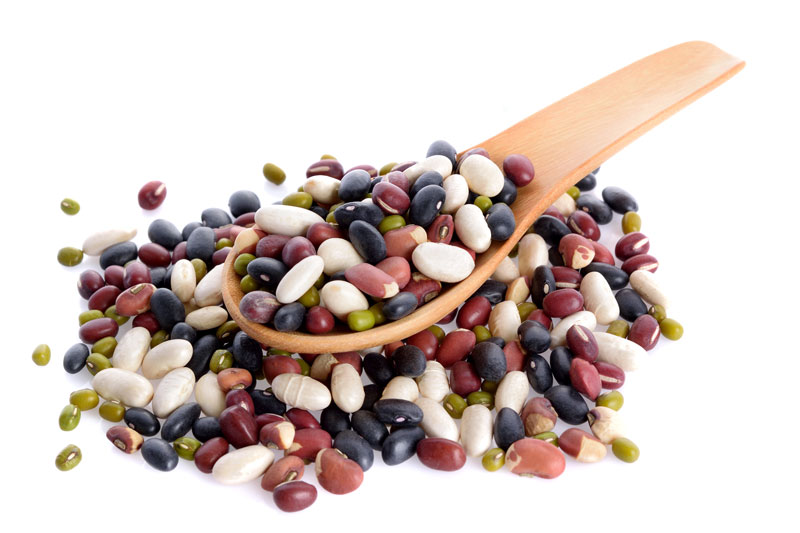How Much Protein Do I Need in My Diet?
We hear a lot about the health benefits of protein, and how we should all ensure we get enough in our diets – but what is protein, and how can we be sure we’re eating enough?
Protein is a macronutrient made up of long chains of amino acids bonded with other molecules. When we digest food that contains protein, we free these amino acids up so they can be used for nutrition by our bodies. We’re able to synthesise all the amino acids we need ourselves, apart from nine – phenylalanine, valine, threonine, tryptophan, methionine, leucine, isoleucine, lysine and histidine. These are known as ‘essential amino acids’, and we must source them from the food we eat.
So let’s delve deeper into the wonderful world of protein, and learn why we should be paying more attention to this powerful nutrient….
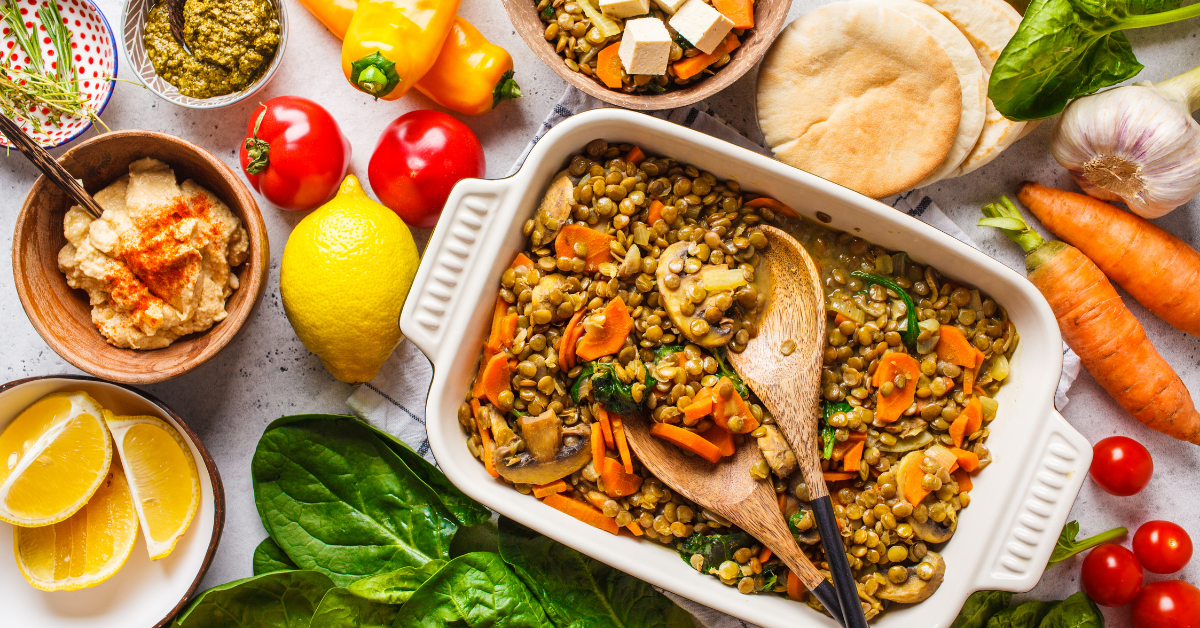
According to the British Heart Foundation, most adults need around 0.75g of protein per kilo of body weight per day.[1] The average woman in England weighs about 72kg (roughly 11 stone 6 pounds) and the average man weighs about 86kg (roughly 13 stone 7 pounds).[2] This equates to 54g of protein needed daily for the average woman, and 64.5g needed daily for the average man. This can’t all be consumed at once, however; our bodies can only absorb about 25g at one sitting, so it’s best to space protein intake out over the course of the entire day’s meals.
Protein is absolutely essential for our bodies to grow and repair themselves. 95% of the protein in our diet is absorbed in our small intestine, and goes into helping in a vast range of biological processes which keep us ticking over in peak condition. The remaining 5% makes it all the way down to our large intestine for our friendly gut bacteria to feast on – and when those little fellas are happy, we are too! They have a massive influence on the smooth running of our metabolic processes, and there’s increasing evidence they play a huge role in our mental health too.[3]
Meat, eggs and fish contain plenty of protein; however, some nutritionists point out that we don’t usually consume protein on its own – it’s packaged with many other compounds, whether we take it in animal or plant form. Walter Willett, Chair of Harvard University’s Nutrition Department, urges us to “Pick the best protein packages by emphasising plant sources of protein rather than animal sources.”[4] There are many plant sources of protein, chief among which are Pulses (such as lentils, peas and beans), Nuts and Seeds.
What protein does for the body
There are hundreds of thousands of different types of protein distributed throughout our bodies – they can be found in our muscles, organs and other tissues, and are a pivotal part of what makes up our skin, hair and bones. Protein is critical for maintaining energy levels and carrying oxygen around the body in the blood. It also helps us fight off illness and infection by forming antibodies that work with our immune system to eradicate invading nasties.
[1]https://www.bhf.org.uk/informationsupport/heart-matters-magazine/nutrition/protein
[2]https://www.express.co.uk/news/uk/1299338/britons-weight-fatter-than-pigs-animals-Oxford-university-study
[3]https://www.gwern.net/docs/biology/2019-vallescolomer.pdf
[4]https://www.ncbi.nlm.nih.gov/pmc/articles/PMC3471136/

